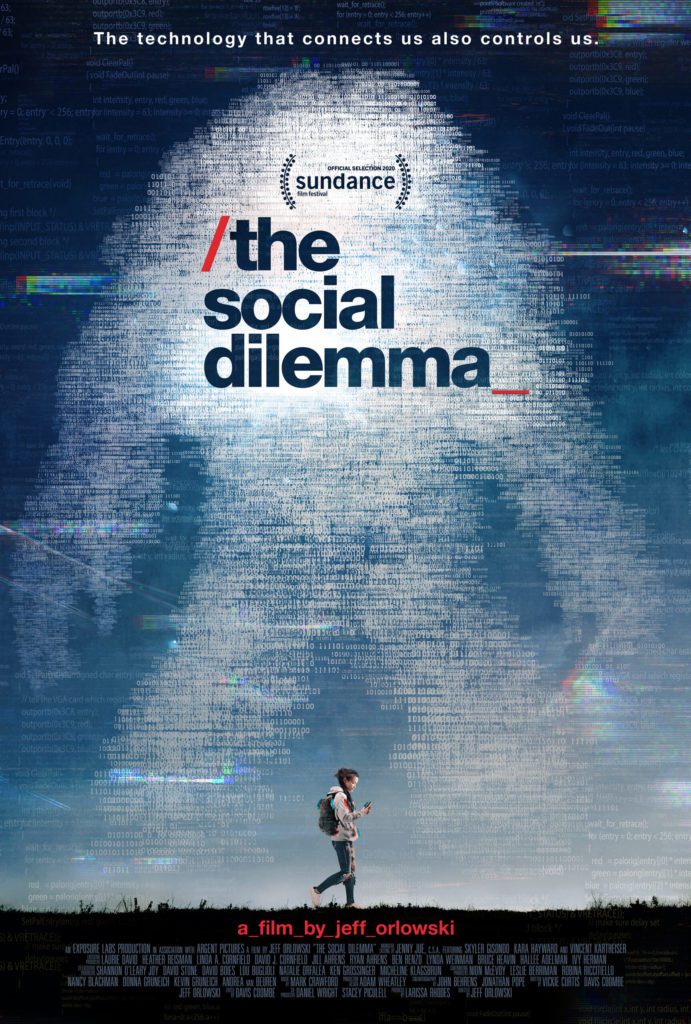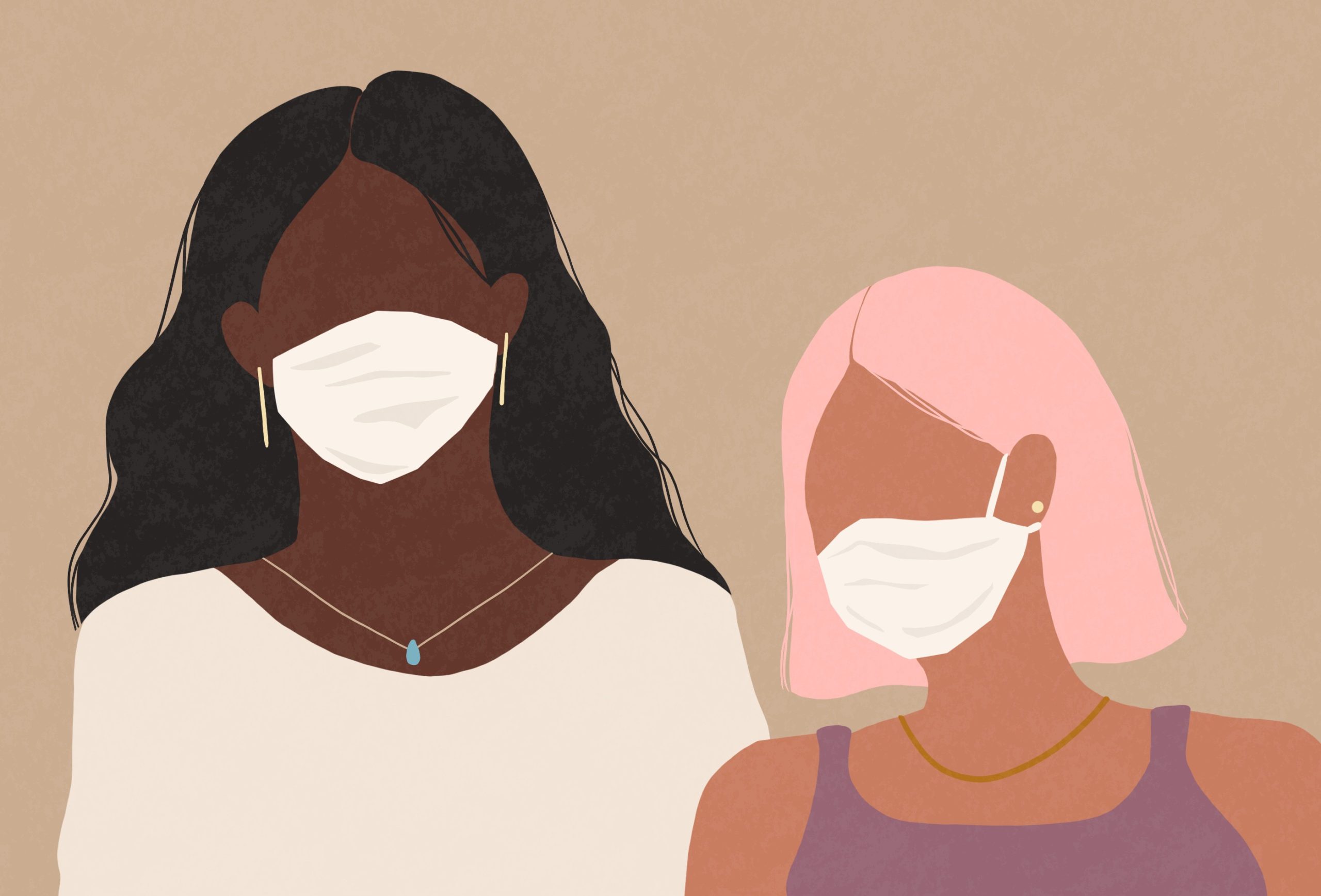The Social Dilemma is the newest Netflix documentary which deals with the current issues of social media addiction and how addiction is the end goal of all big tech firms in the industry.
Since the rise of social media in the early 2010s, we have seen a huge shift in culture and the way that we communicate. The rise in new jobs, such as influencing and content creating. Very much at this point, most of us spend outrageous hours glued to Facebook, Instagram, Snapshot, Twitter and many more social media platforms. This has brought along the conversation of how serious is the effect of social media on our mental health?
As well as in addition to our mental health, what about data privacy? Since the US presidential elections in 2016, there has been a spotlight placed on social media, particularly how they gather our data and sell it to third parties. Scandals with firms like Cambridge Analytica, Facebook and Twitter, have brought serious attention to the way that our personal data is handled and redistributed for profit.

The Social Dilemma as a documentary attempts to address these two major issues, and has become a mainstream platform for Silicon Valley’s Whistle-blowers, with many of the participants formally occupying major executive roles in Facebook and Google. These whistle-blowers are calling for more ethical business practises, and for governmental regulation to actually attempt to keep up with the ever-changing tech industry.
What’s so intriguing about The Social Dilemma is the fact that it is created in a documentary style however, it uses the information that the interviewees give to create a realistic story, allowing us, the viewers, to actually fully understand how social media runs our life.
The Social Dilemma shows how our basic instinct, the wanting of a social connection, has turned into a money-making machine for these free platforms. In fact, the participants of the documentary tell us that the platform itself is not the product, we are. Our data, our interactions, our wants, our thoughts, those are all profitable bits of data. This data is then processed to find which ads we would find more appealing, essentially swaying our interests towards those products.
What this documentary pointed out to me was “really how addicted am I to my social media connections?” So, for the first time in forever I checked my Instagram usage time: an average of 2 hours a day during the past week, with my highest time being 3 hour and 3 minutes. This is what the social dilemma does an amazing job of pointing out, how social media platforms have managed to big brother their way into our lives, to the point where our lives are dictated completely by what we see online. Therefore, perhaps, in a way, our lives are not our own?






